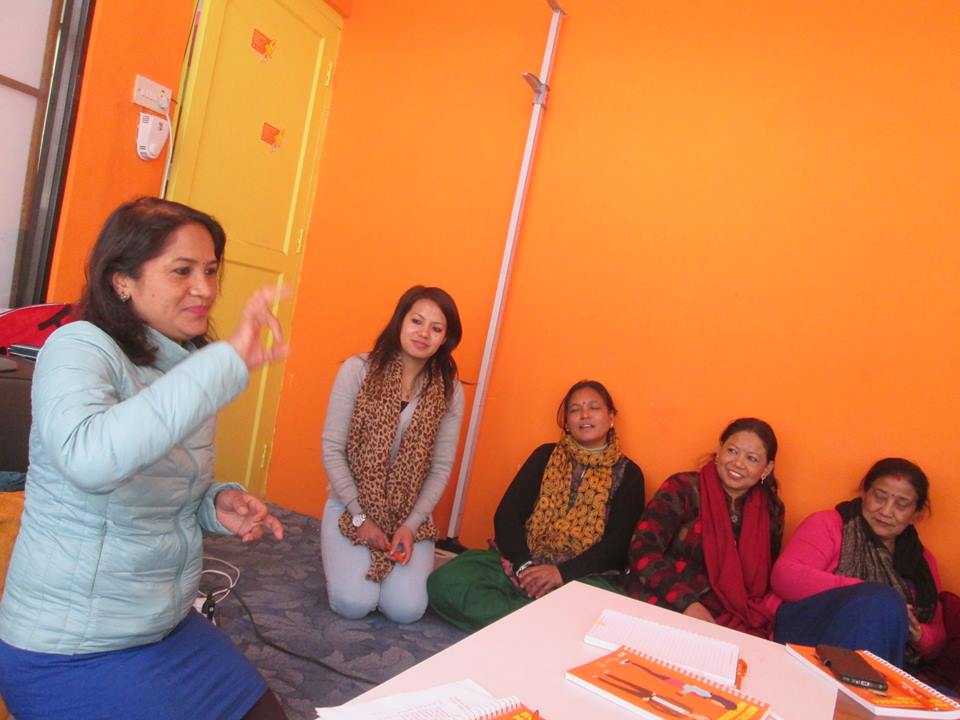SRHR needs of young people with disability
03 Jun 2017

Access to information, education and services is central in the promotion of sexual and reproductive health and rights (SRHR) among young people. It enables young people make informed choices on sexuality matters, hence reduce teenage pregnancies and sexually transmitted infections (STIs).
People with disability must be acknowledged as sexual beings, and have access to information and resources to make informed choices about their sexuality and sexual and reproductive health. It is essential that people with disability be supported to make choices and decisions that offer the least restrictive alternative to their health and lifestyle. People with disability are a diverse group who have historically not had their sexual and reproductive health rights (SRHR) acknowledged. People with disability comprise approximately 2% of the Nepalese population.
The World Health Organisation states that all people have the right to:
- the highest attainable standard of sexual health, including access to sexual and reproductive health care services
- seek, receive and impart information related to sexuality
- sexuality education
- respect for bodily integrity
- choose their partner
- decide to be sexually active or not
- consensual sexual relations
- consensual marriage
- decide whether or not, and when, to have children
- pursue a satisfying, safe and pleasurable sexual life
All people have the right to have access to education and information that can help them to make safe and healthy choices about their bodies and relationships. People with disability often do not have equal access to information and education for a number of reasons ranging from physical access to classrooms to varied learning needs. Values and attitudes of others, and their decisions about what education or information to provide, also play a significant role.
Sexuality and relationships education is essential learning for young people with disability who are more likely to require direct instruction to learn positive and protective skills and are more vulnerable to sexual abuse and exploitation. Research consistently shows that sexuality and relationships education is important to young people with disability and can be successful in contributing to knowledge and skill acquisition as well as influencing positive behavior development.